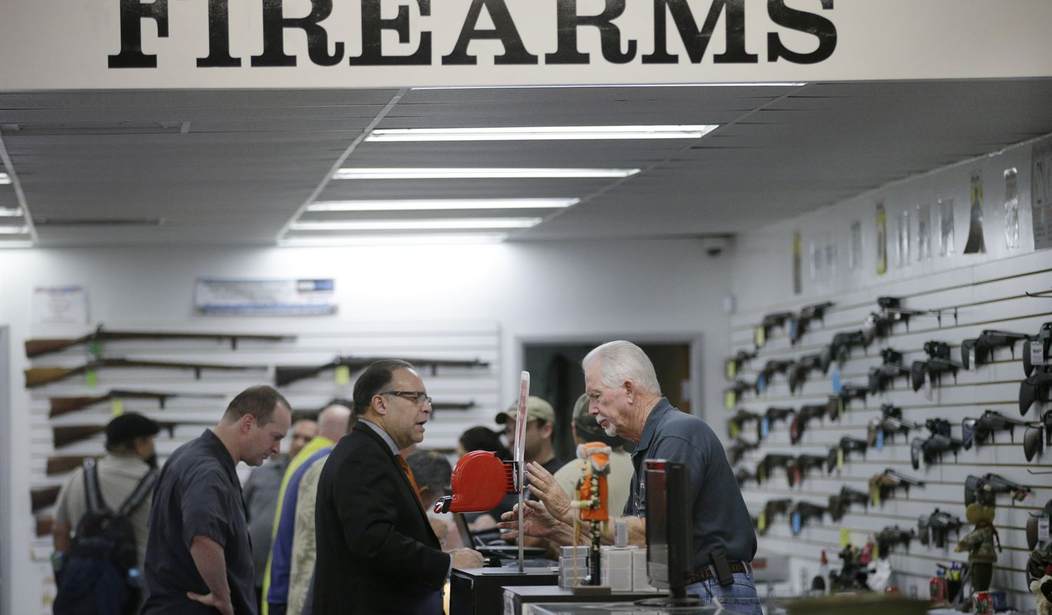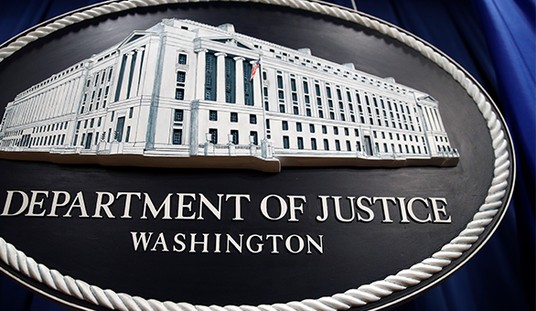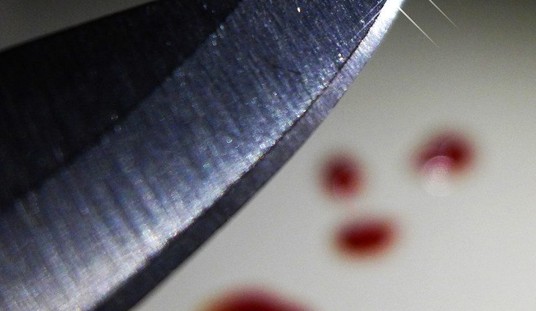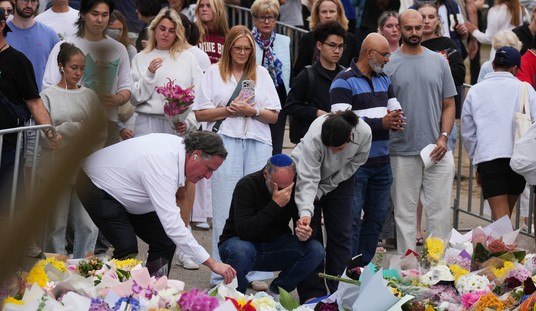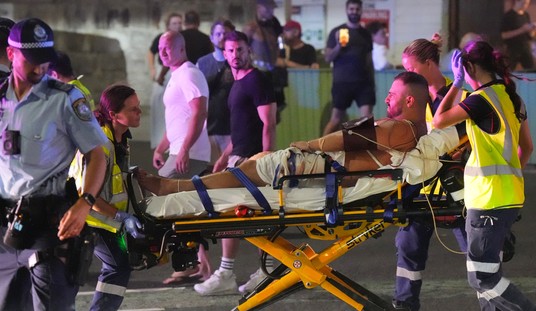Waking up one morning and finding out there’s been a shooting on the campus of the University of Virginia was not exactly the best way to start the day. Even though I know no one who goes to school or works there, it’s still hard to read about people being killed and not have a reaction.
That’s to say nothing of the memories such things conjure.
For some, though, it’s hard not to picture them seeing such news with some degree of glee. I can picture them thinking, “Now we can pass more gun control.”
I’d like to believe that’s just the caricature built in my head, but, well, that gets harder to do each year.
Back to Virginia, though, there were some who definitely thought something like that, if not as reports unfolded then not too long after that.
And now, there’s a bit of a stalemate on that very gun control.
In the wake of the 2007 Virginia Tech massacre, elected leaders vowed to prioritize campus safety.
Then-Gov. Tim Kaine appointed a blue-ribbon panel and within a year signed more than 30 mental health, school security and gun purchase bills aimed at preventing future mass shootings. Several appeals for stricter gun policies, however, were voted down.
More than 15 years later, in the aftermath of another school shooting — this time at the University of Virginia, where three students were shot and killed in November — state lawmakers considered a range of gun policy proposals: a ban on new assault-style weapons, new punishments for those who fail to secure their guns, an expansion of the state’s “red flag” law and restrictions on possessing firearms in school buildings.
But just one major safety measure survived: a $300 tax credit for firearms owners to purchase gun safes. A second bill requiring public universities to more quickly and comprehensively respond to a potential threat passed the House and Senate but still awaits Gov. Glenn Youngkin’s signature.
With control of Virginia’s General Assembly divided politically, the stronger gun measures never cleared both chambers.
“We don’t have mature conversations about guns,” said Sen. Creigh Deeds, D-Bath. “We gather up in tribes.” Deeds had long opposed further restrictions on gun ownership but this year introduced a ban on new assault-style weapons.
“On the gun control side,” said Philip Van Cleave, president of the Virginia Citizens Defense League, “they’re basically batting zero.”
Deeds doesn’t want mature conversations about guns.
What people like him want is capitulation. He wants Virginia lawmakers to roll over and accept whatever the anti-gunners in the state want to cram down people’s throats.
That’s not a conversation.
Further, that’s not what Virginia needs. It never has been.
As we saw in Monterey Park and Half Moon Bay, gun control doesn’t necessarily protect anyone from anything. We saw it again in Hamburg, Germany.
No, what we need are things like intensive studies on the nature of violent crime, particularly mass shootings. We need to understand what kind of mechanisms exist so that we can hopefully treat it before we get an explosion like we’ve seen too many times in this country.
The problem is, there are a lot of Virginia lawmakers that have absolutely no interest in looking at such things. They’ve got their minds made up and they don’t want to muddy that with annoying things like facts. They don’t want to find out that no, gun control isn’t needed. Something else is.
This stalemate on gun laws in Virginia is a good thing, in part because it stops them from infringing on rights without making a bit of difference with regard to the next University of Virginia or Virginia Tech.
There are better options. We just need to be able to start looking for them instead of falling back on the things that never worked.

